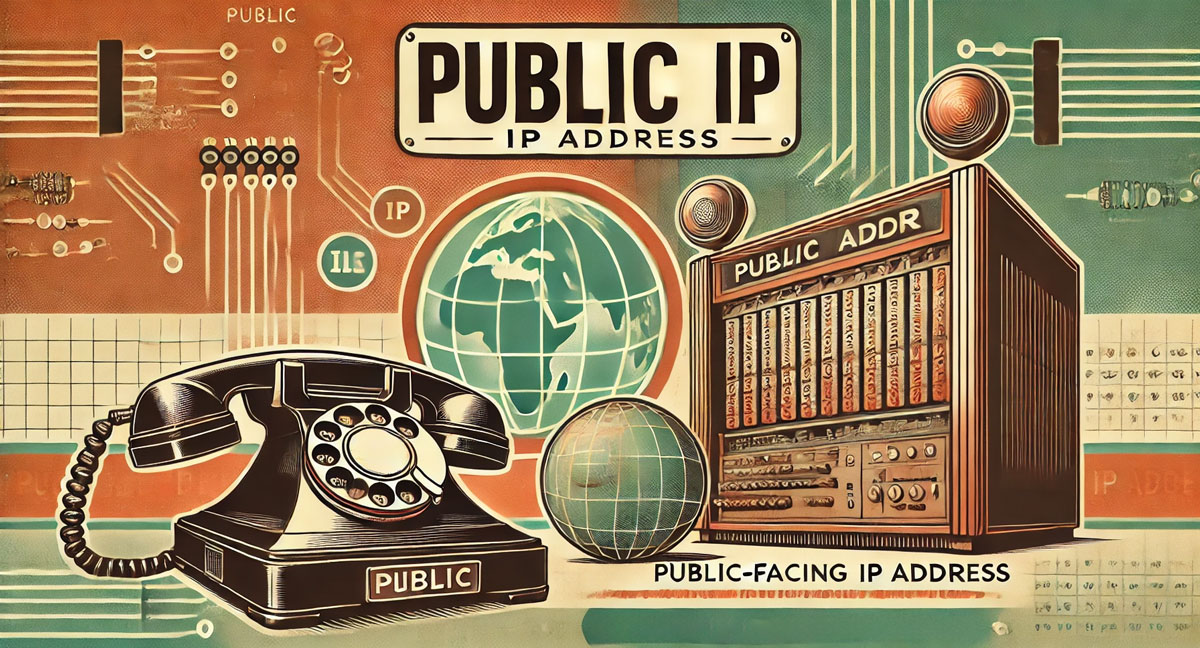What is IP Tracking?
Introduction
IP Tracking is a technology that allows you to detect, track, and trace IP addresses online, providing valuable information about the geographical location and characteristics of internet-connected devices. This comprehensive guide will explain how IP tracking works, its applications, and important considerations for its use.
Definition and Purpose of IP Tracking
Our IP Tracker tool enables users to find and monitor the location of any publicly accessible IP address or domain in the world. It serves as a powerful tool for businesses, security professionals, and network administrators who need to understand where their web traffic originates and how users interact with their online resources. The technology combines multiple tracking methods, including DNS lookup, Whois databases, and geolocation services to provide detailed information about IP addresses.
How IP Tracking Works
IP Tracking operates through a combination of technologies and databases. When you track an IP address, the system queries multiple databases and uses various techniques to gather information:
- DNS lookups to identify domain names and server information
- Whois database queries to find registration details
- Geolocation databases to determine physical location
- Network analysis to understand connection patterns
The system takes this information and combines it into a comprehensive report about the IP address being tracked.
Business Applications and Benefits
Organizations use IP tracking for various purposes that can significantly impact their operations:
- Marketing: Understanding visitor demographics and tailoring content based on location
- Security: Identifying potential threats and suspicious activities
- Analytics: Gathering data about website visitors and their behavior
- Fraud Prevention: Detecting and preventing fraudulent activities
- Customer Service: Providing location-based services and support
These applications help businesses make informed decisions about their online presence and security measures.
Privacy and Security Implications
While IP tracking is a powerful tool, it comes with important privacy and security considerations:
- IP addresses alone cannot reveal personal identity
- Tracking should comply with privacy regulations
- Users can mask their IP addresses using VPNs or proxies
- Businesses must handle tracking data responsibly
It's crucial to understand that IP tracking provides general location information rather than exact physical addresses or personal details.
Tracking Limitations and Accuracy
IP tracking has certain limitations that users should be aware of:
- Geographical accuracy varies by region (99% accurate at country level, 55-80% at regional level)
- VPNs and proxy servers can mask true locations
- Mobile devices may show different locations as they move
- Some IP addresses may be registered to locations different from their actual use
Understanding these limitations helps users interpret tracking results more effectively.
Common Use Cases
IP tracking serves various practical purposes:
1. Cybersecurity
- Detecting potential threats
- Investigating suspicious activities
- Monitoring network access
2. Business Intelligence
- Analyzing customer behavior
- Understanding market reach
- Improving targeted marketing
3. Network Management
- Monitoring traffic patterns
- Troubleshooting connectivity issues
- Managing network resources
Legal and Ethical Considerations
When implementing IP tracking, organizations must consider:
- Data protection regulations and compliance
- User privacy rights and consent
- Ethical use of tracking information
- Transparency in data collection practices
It's essential to maintain a balance between gathering useful information and respecting user privacy.
IP Tracking Technologies
Modern IP tracking employs several technologies:
- Geolocation databases for mapping IP locations
- DNS analysis tools for domain information
- Network monitoring systems
- Traffic analysis tools
- Logging and reporting systems
These technologies work together to provide comprehensive tracking capabilities.
Conclusion
IP tracking is a valuable tool that provides insights into online traffic and user behavior. While it has limitations and requires careful consideration of privacy issues, it remains an essential technology for businesses and organizations operating in the digital space. Understanding how IP tracking works and its various applications can help users make the most of this technology while respecting privacy and security concerns.
Remember that while IP tracking can provide valuable information, it should be used responsibly and in compliance with applicable laws and regulations. As technology continues to evolve, IP tracking capabilities will likely expand, offering even more sophisticated tools for understanding and managing online traffic.


